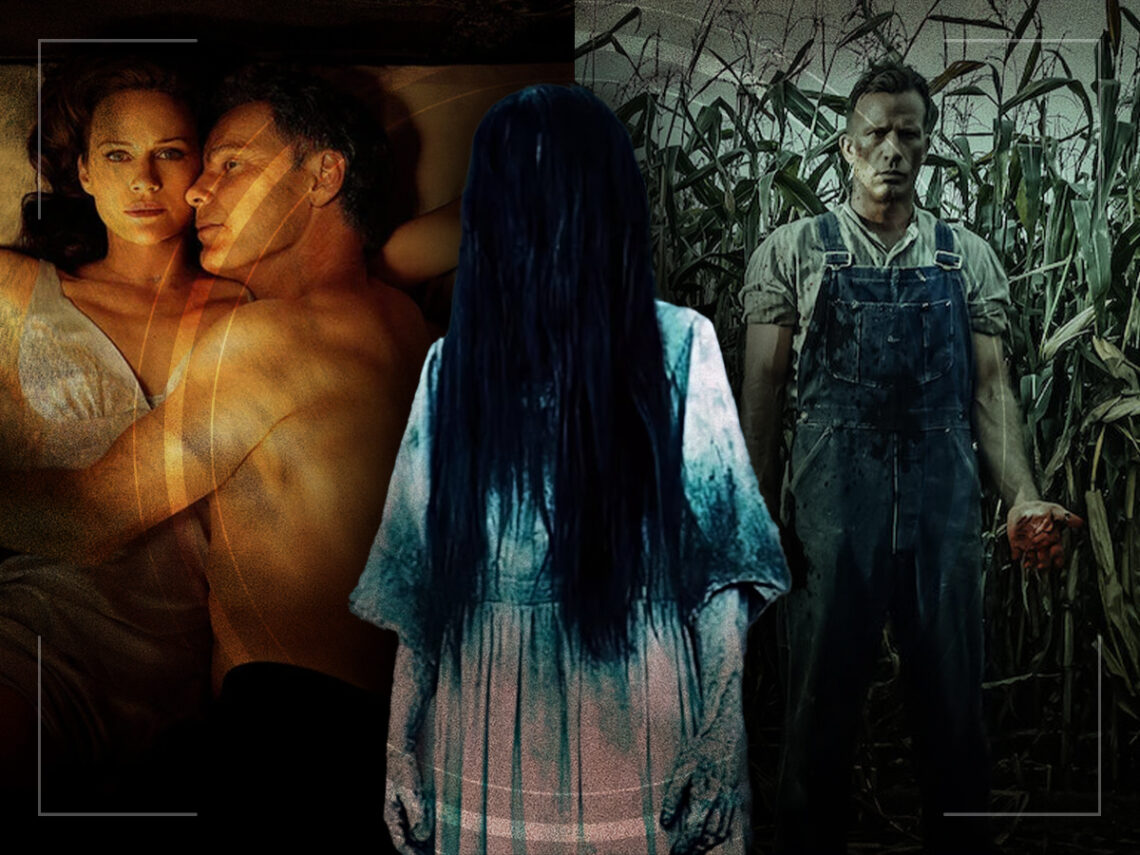
The five best psychological horror movies to watch on Netflix
There are horror movies that make you spill your popcorn. Then some horrors quietly come and slowly mess up your head to the point of no return. If the second brand is your school of thrill, then we’ve something for you: the five best psychological horror movies to watch on Netflix.
They are made for your brainstorming sessions. They make you doubt yourself, question what’s real, and whenever you feel something’s tangible, it just ends up being a smokescreen. They may not make you shout at the top of your lungs.
But they will clearly leave you at a loss for words. It’s a curious thing to endure a movie’s scariest moments and not have them vanish as the credits roll. These movies specialise in a creeping dread that seem to surround you at every turn.
If that kind of lumbering, unavoidable and inescapable terror is exactly what you are after, then Best of Netflix has you covered. Get ready to have your mind screwed, your world turned upside down, and a general feeling of fear permeate your days.
The five best psychological horror movies to binge on Netflix
Gerald’s Game (Mike Flanagan, 2017)
Stephen King is a master of horror, and his 1992 novel, Gerald’s Game, was always going ot be good ground for a horror movie. It follows a married couple, Jessie and Gerald Burlingame, on their staycation at a secluded lake house. In a now ill-advised and rather shoddy attempt at spicing up their marriage, Gerald handcuffs his wife to the bedpost before suddenly dying from a heart attack. Not very helpful.
The film picks up pace just after Jessie is trapped to the bedpost with a corpse beside her, unable to free herself or distract her mind. Gerald’s Game amplifies the sense of suspense with confinement and desperation. It blurs the line between reality and hallucinations, hypnotising the audience to an extent that they ought to question what’s real.
The elements of horror have an incredible psychological depth which ties masterfully to themes of childhood trauma, objectification, and sexual abuse. Since Jessie is our eye, she also becomes the anchor of the cerebral terror.
The Ring (Gore Verbinski, 2002)
If you were alive in 2002, then you will remember the rumours that swirled around this movie. If you were alive in 1998 and in Japan you may have heard similar whisperings. The Ring wasn’t just a film, it was a cultural event, and one that could leave you dead. So they said, at least.
The Ring evokes discomfort and unease by tapping into the atmosphere of dread in more ways than one. It clubs disturbing visuals, eerie soundscapes, and a creepy score that elevate a sense of foreboding from scene to scene. But instead of cultivating moments of teeth-sinking horror and jump scares, it leans into implication to create a suggestive sense of horror. It leaves the audience guessing, and that alone will rot their minds.
The Ring is also credited with cementing the concept of the “curse video” trope in the horror genre and popular culture. And in case you’ve watched the original, Ringu (1998), the remake is worth a cerebral shot.
In the Tall Grass (Vincenzo Natali, 2019)
If you love time loops that come with a petri dish of horror that leaves an aftertaste, end the psychological horror movie marathon with In the Tall Grass. Based on Stephen King and Joe Hill’s 2012 novella, the film follows two siblings, Becky and Cal, who are lured into a grassy field by cries of a young boy, Tobin and his mother, Natalie.
The first rule of horror movies is not to follow random callings. But since Becky and Cal are meant to do just that, they find themselves caught in a time loop with no way out. In the Tall Grass doesn’t just play with the characters; it plays with the audience, leaving them as dazed and confused as the characters.
It is bound to make your head go haywire, and the imagination will take you places. So, the best course is to hold a hand because you wouldn’t want to get lost.
The Devil All the Time (Antonio Campos, 2020)
Based on Donald Ray Pollock’s 2011 novel, The Devil All the Time is a grim slice of American gothic. Winding from the end of the Second World War into the 1960s, the story drifts between two small towns in Ohio and West Virginia, where lives tangle in unexpected and unsettling ways.
It’s a film drenched in violence and faith, obsession and ruin. What lingers isn’t the shock of bloodshed, but the slow corrosion of hope, the way trauma and desperation fester into something monstrous. The movie doesn’t flinch; it simply stares into the dark and lets it stare back.
The Devil All the Time explores a magnitude of psychological horror where you know things aren’t going to end well, and still, your brain convinces you to take the train of terror anyhow.
1922 (Zak Hilditch, 2017)
Actions always have consequences. If not, half the horror stories wouldn’t be made. But 1922 isn’t like any other story. Based on Stephen King’s 2010 novella, the Netflix film tells the story of Wilf and his son, Henry, who murder Arlette, his wife and Henry’s mother, over a disagreement that basically signs them up for a life of doom.
The film incredibly explores themes of guilt and trauma, creating a cycle of actions and consequences that reads like a descent into insanity. It’s not the horror that chills your bones; it’s the one that makes you think and introspect. 1922 provides a stark social commentary on the institution of family. It might not make you run for your life, but it will make you wary of it.